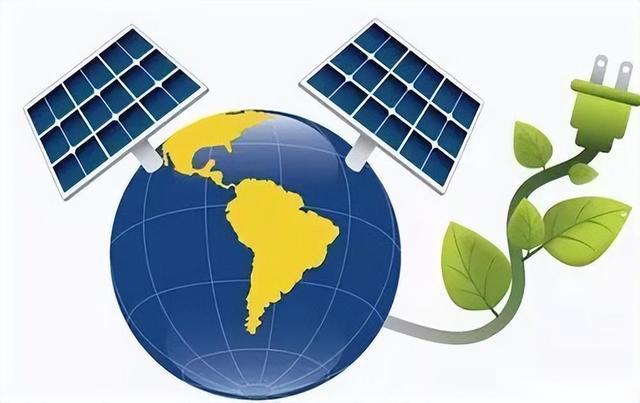
Mar . 08, 2024 10:36 Back to list
Spain and Netherlands launch subsidies for battery and PV manufacturing
Spain and the Netherlands have recently taken significant steps to boost their domestic manufacturing of clean energy technologies, particularly in the areas of batteries and solar PV modules. These initiatives have been launched in response to increasing competition from countries like China, as well as the United States, which has introduced generous tax credit incentives for clean energy manufacturing. The European solar industry, in particular, is facing challenges due to these competitive pressures.
In Spain, the Ministry of Ecological Transition (MITECO) has introduced a new incentive scheme for renewable energy and storage manufacturing, which is currently open for public consultation. The scheme aims to allocate over €750 million based on feedback gathered during the consultation process. These funds, part of Spain's recovery and resilience plan, will incentivize the production of equipment and components for solar panels, batteries, and electrolysers, among other technologies. The objective is to strengthen Spain's domestic manufacturing capabilities and contribute to Europe's strategic autonomy in the clean energy sector.
Teresa Ribera, the Spanish Minister of Ecological Transition, emphasized the importance of producing capital goods domestically as part of the green energy transition. The Institute for Energy Savings and Diversification (IDAE) will oversee the scheme and financial aid, supporting both existing and new projects. Expansion of capacity and improvement of production lines are eligible for funding, with a focus on projects that have not yet commenced. The public consultation for the scheme is open until March 15, allowing stakeholders to provide input and participate in the initiative.

Meanwhile, the Netherlands has also taken steps to bolster its manufacturing industry in the solar energy and storage sectors. The Dutch Manufacturing Industry Investment Subsidy Climate Neutral Economy (IMKE) aims to support companies in manufacturing solar panels, batteries, and electrolysers for hydrogen production. By reducing dependence on imports and fostering domestic production, the subsidy seeks to enhance the country's self-sufficiency in clean energy technologies. A consultation period is currently underway until March 3, 2024, to gather input on the subsidy's conditions, duration, and funding amounts.
These initiatives in Spain and the Netherlands come amidst broader efforts within the European Union to boost the region's solar manufacturing industry. The European Parliament and EU Council recently agreed on new regulations, including the Net Zero Industry Act (NZIA), to enhance the continent's clean energy production capabilities. The NZIA includes criteria such as a 50% quota on solar capacity auctioned by member states, with limitations on sourcing modules from a single country annually. While specific details of the NZIA are yet to be fully disclosed, it signals a commitment to supporting the growth of the clean energy sector within the EU.
Overall, the subsidies launched by Spain and the Netherlands represent proactive measures to safeguard their clean energy manufacturing industries and promote sustainable economic growth. By incentivizing domestic production of solar panels, batteries, and other essential components, these countries are aiming to create jobs, enhance technological capabilities, and reduce reliance on external suppliers. The public consultations associated with these schemes offer stakeholders an opportunity to shape the initiatives and contribute to the development of a robust and competitive clean energy sector in Europe.
As global competition in the clean energy market intensifies, initiatives like those undertaken by Spain and the Netherlands are crucial for maintaining a strong position in the industry. By investing in domestic manufacturing capabilities, these countries are not only addressing the immediate challenges posed by external competitors but also laying the foundation for long-term sustainability and innovation in the clean energy sector. As they continue to evolve their support mechanisms for the renewable energy industry, Spain and the Netherlands are demonstrating their commitment to a greener future and economic resilience in the face of global energy transitions.
-
Stackable Battery System: Revolutionizing C&I Energy Storage with Suzhou ACDC
NewsJul.21,2025
-
Revolutionizing EV Charging with Suzhou DC Quick Charging Stations Solutions
NewsJul.21,2025
-
Revolutionize Your Power Needs with Suzhou ACDC's Portable Power Station Solutions
NewsJul.21,2025
-
Outdoor Integrated Temperature Control Cabinet: Elevating Energy Storage Cabinet Efficiency
NewsJul.21,2025
-
Container Type Energy Storage System: Revolutionizing Energy Storage with Stackable Battery Solutions
NewsJul.21,2025
-
Advanced Self-Cooling Energy Storage Cabinet Solutions
NewsJul.21,2025























